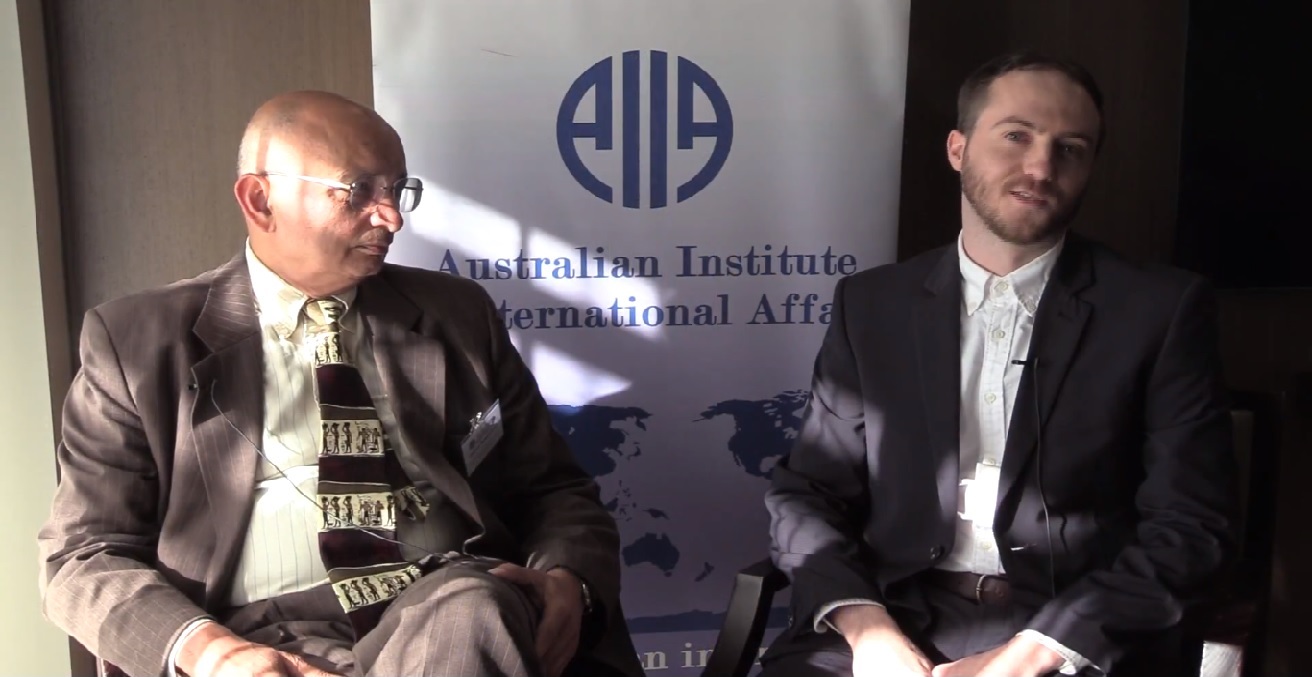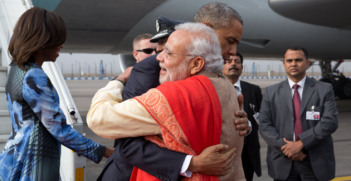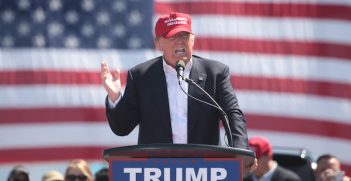Are We There Yet? Nuclear Disarmament and Non-Proliferation

With nuclear threats continuing to issue from North Korea, US President Donald Trump questioning the Iran nuclear deal and the signing of the UN’s nuclear ban treaty, this year has seen nuclear themes dominate international affairs.
Professor Ramesh Thakur, a former UN assistant secretary-general and current director of the Centre for Nuclear Non-Proliferation and Disarmament in the Crawford School of Public Policy at the Australian National University spoke with Australian Outlook editor Nicholas Prehn on current nuclear topics at the AIIA National Conference.
Professor Thakur gave his view that Australia has downgraded its stance towards non-proliferation and disarmament of nuclear weapons since the change of government in 2013. Additionally, he spoke on the current state of the US-Iran nuclear deal under President Donald Trump and the potential implications that this arrangement could lead towards in the future.
He also discussed the effectiveness of the Non-Proliferation Treaty (NPT), and in particular, article six in which parties pursue negotiations in good faith towards nuclear disarmament. He highlighted that unilateral and bilateral negotiations have contributed far more to nuclear disarmament, and that the NPT has not resulted in eliminating even one nuclear warhead and has not led to any current discussions between nuclear armed nations on furthering disarmament targets.
Professor Ramesh Thakur, a former UN assistant secretary-general, is the director of the Centre for Nuclear Non-Proliferation and Disarmament in the Crawford School of Public Policy at the Australian National University.
Interview by Nicholas Prehn.
Filmed by Tim Smith.
Edited by Douglas Barnicoat.





